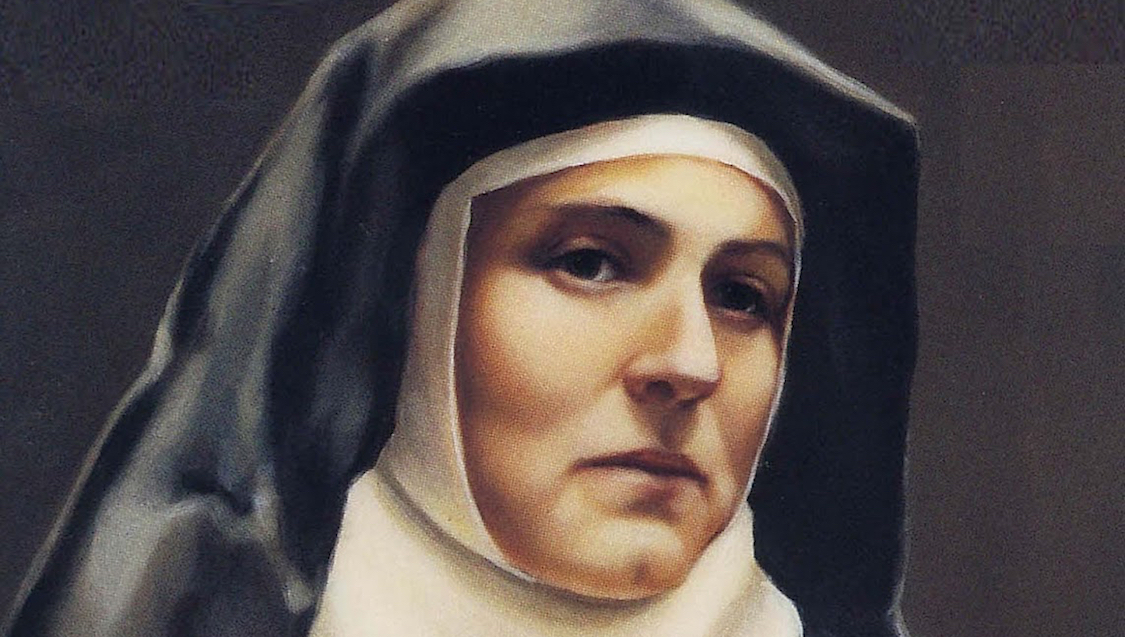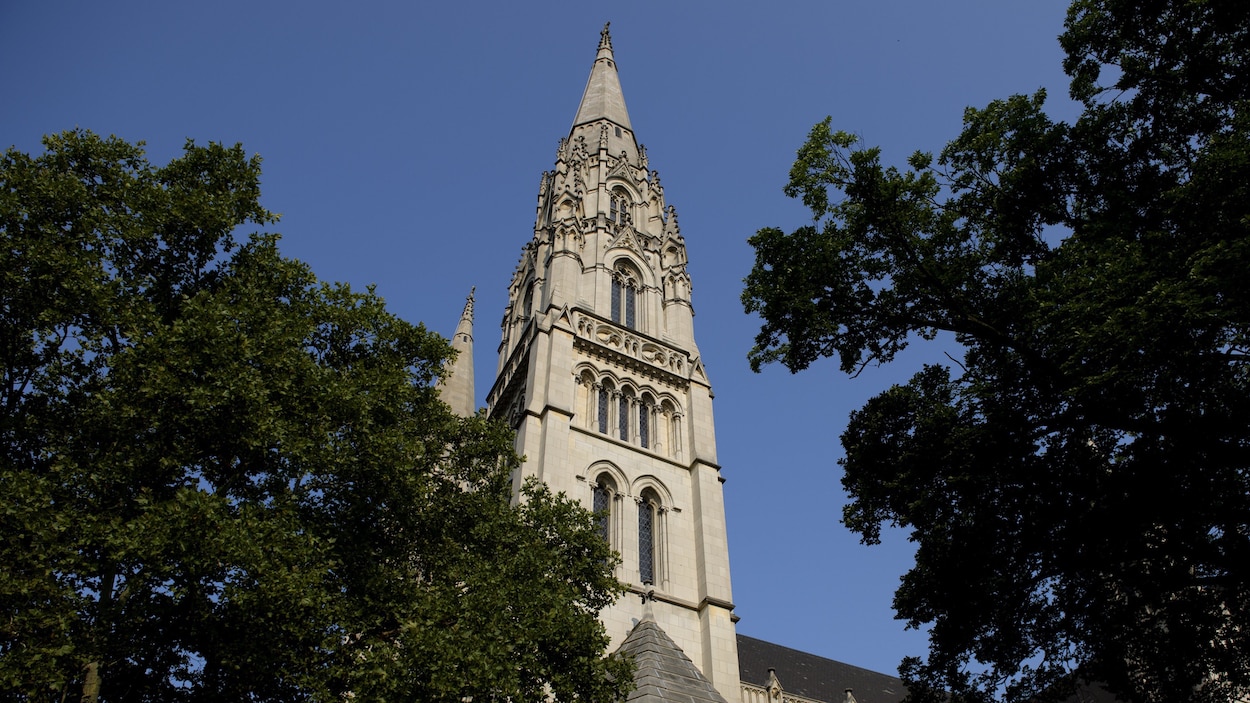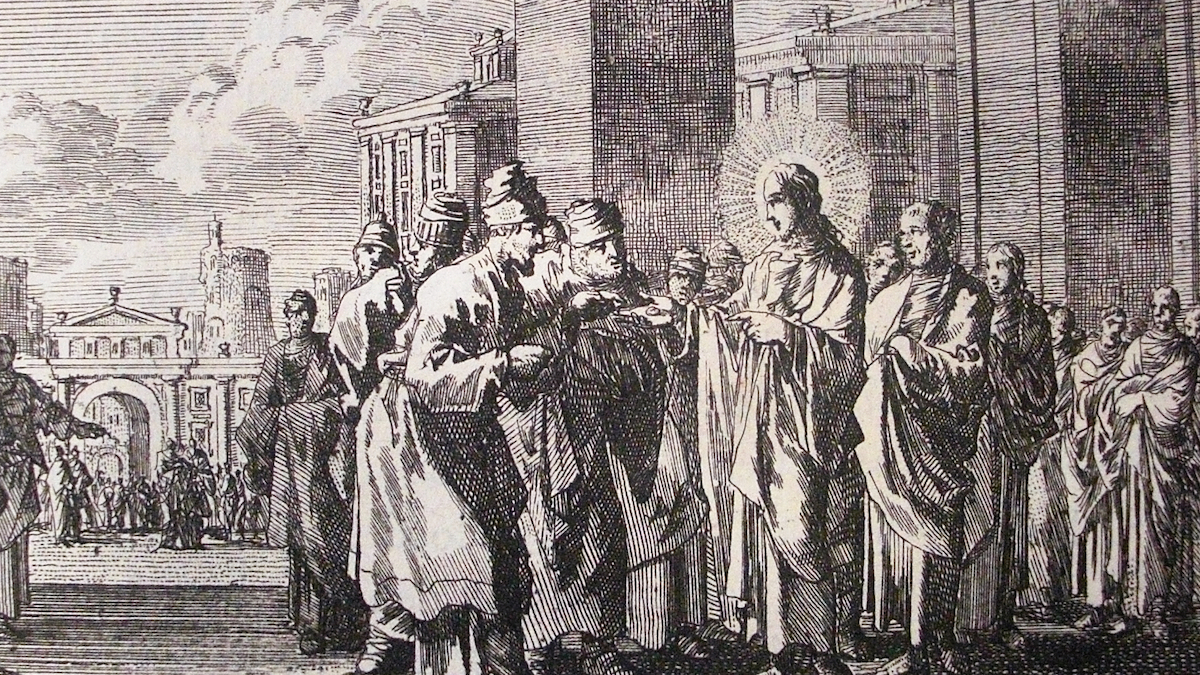The great American film producer, Walt Disney, once said: “All our dreams can come true, if we have the courage to pursue them.” But how? Almost within the same breath the famed American author, Mark Twain, would respond: “The secret of getting ahead is getting started.”
These two inspiring quotes remind me of what St Theresa Benedicta of the Cross, or as we affectionately know her, Edith Stein, stands for. Her life’s dream was that of seeking until she finds the truth. Edith was sure that by arriving at the truth she would have hope. St John Paul II during his homily for the canonization of Edith Stein, on October 11 1998, said: “For a long time Edith Stein was a seeker. Her mind never tired of searching and her heart always yearned for hope. She traveled the arduous path of philosophy with passionate enthusiasm. Eventually she was rewarded: she seized the truth. Or better: she was seized by it.” (no.5)
According to Sister Teresia Maria Posselt OCD, a biographer of Edith Stein, Edith came across the Life of St Teresa by chance in the library of the farmhouse near Bergzabern owned by Theodor Conrad and Hedwig Conrad-Martius. Posselt’s narrative is well-known and frequently quoted: “Edith herself tells us: I picked at random (aufs Geratewohl) and took out a large volume. It bore the title The Life of St Teresa of Avila, written by herself. I began to read, was at once captivated, and did not stop till I reached the end. As I closed the book, I said, ‘That is the truth’”.
What a great power must have exerted that captivation on Edith’s heart and mind! To be fair only Edith could really say the extent of that energizing grace she received during that night of 1921 when she was just 30 years old. Yet, on meditating on this, I would rather tend to say that not even Edith herself could understand and express exactly what she really felt in her heart upon reading The Life of St Teresa of Avila. Spiritual experiences are so particular that not even the person expriencing them can really quantify their impact. What we know for sure is that the transformational experience Edith went through had certainly left great lasting effects that even today we can still cherish them. And, that “transforming effect,” I dare calling it “a gentle revolutionary” spirit which filled her entire being. Her biography goes that such an irreversible change brought her to the baptismal font in 1922 and, as a result left her univeristy appointment as Husserl’s assistant and took private religious vows.
Returning back to my phrase to explain Edith’s conversion as “a gentle revolutionary” act. By “gentle” I mean that her life and thoughts are borne within the context of the Carmelite Cloister. If there is an order within the Church that can define itself as the Order which expresses God’s gentle breeze, it is surely the Carmelite one. To them it was given the charism of meeting God amid the fear, angst, uncertainty and failure of human experience. And, the grace lies, as in the life of St Elijah, of being transformed by God who comes across to meet us in our vulnerability in order to overwhelm and cover us by His eternal gentle assurance and boldness.
The term “revolutionary” is also one which is at the core of St Theresa Benedicta of the Cross’ writings. Normally, by revolutionary one can think of changing something by introducing something else, which is completely or partially new. In Edith’s writings what I really treasure is her emphasis on empathy to be a valuable vocation. Already this fact invites the reader to be particularly captivated, speechless at first, but then powerfully motivated to make his and her own vocation to be empathic towards others in myriad of ways. How beautiful it is that at the end of the cycle, being empathic deepens the self-knowledge of the person who offers empathy to the empathee!
For Edith, love and truth are the two wings of the human spirit. She says: “Do not accept anything as the truth if it lacks love. And do not accept anything as love if it lacks the truth. One without the other is a destructive lie.” Edith knew very well how we, as human beings, are limited and shattered. We try hard to unify our lives but then, at sunset, we regrettably realize that a huge fragmentation has tragically taken the upper hand in our lives. So, the solution which Edith gives is to leave everything in the hands of this Unifier, God. “And when night comes, and you look back over the day and see how fragmentary everything has been, and how much you planned that has gone undone, and all the reasons you have to be embarrassed and ashamed: just take everything exactly as it is, put it in God’s hands and leave it with Him.”
Throughout her writings we notice an interesting theological, sociological, psychological and spiritual reflections on women. For her, every woman is basically a wife and a mother. She observes: “Only the person blinded by the passion of controversy could deny that woman in soul and body is created for a particular purpose…woman is destined to be wife and mother. Both physically and spiritually, she is endowed for this purpose.” Moreover, Edith succinctly yet profoundly explains how woman can really be a woman. “Woman naturally seeks to embrace that which is living, personal and whole. To cherish, guard, protect, nourish and advance growth is her natural maternal yearning.”
Obviously, women fufil their life calling by letting themselves being captivated and assiduously led by the eternal divine inspiration. Edith says: “Each woman who lives in the light of eternity can fulfill her vocation no matter if it is in marriage, in a religious order or in a worldly profession.” The great result of such an eternal light in the heart of a woman is the use of her gifted ability from God to open her soul in order to inspire and render herself meaningful to the lives of others. On this point, Edith says: “The soul of a woman must be expansive and open to all human beings, it must be quiet so that no small weak flame will be extinguished by stormy winds; warm so as not to benumb fragile buds … empty of itself, in order that extraneous life may have room in it; finally, mistress of itself and also of its body, so that the entire person is readily at the disposal of every call.” What a big grace if every woman takes to heart what Edith is saying and pray earnestly to the Lord to strengthen and increase her femininity in this splendid way! And all this makes perfect sense since “the woman’s soul is fashioned as a shelter in which other souls may unfold!” Thus, concludes Edith, “the world doesn’t need what women have, it needs what women are.”
This wise woman of God endows us with some practical life Christian advices as to what it means to live fully our baptismal vows. First, she reminds us that Christ’s love remains forever, irrespective of what we might endure here on earth. “The love of Christ knows no limits. It never ends; it does not shrink from ugliness and filth.” Second, for Edith, we cannot as Christians live outside Christ’s Cross. She affirms: “One cannot desire freedom from the Cross when one is especially chosen for the Cross.” Thirdly, if we really love Christ we refer to Him all those we come across on our life journey: “If anyone comes to me, I want to lead them to Him.”
On her Feast Day (August 9th), may we ask St Theresa Benedicta of the Cross, who was martyred because she refrained the gun and lovingly took the gospel of her Jewish brother and Savior, Jesus Christ, to pray for us to have her Spirit-led wisdom which, like her, will make us gentle revolutionaries for Christ!








